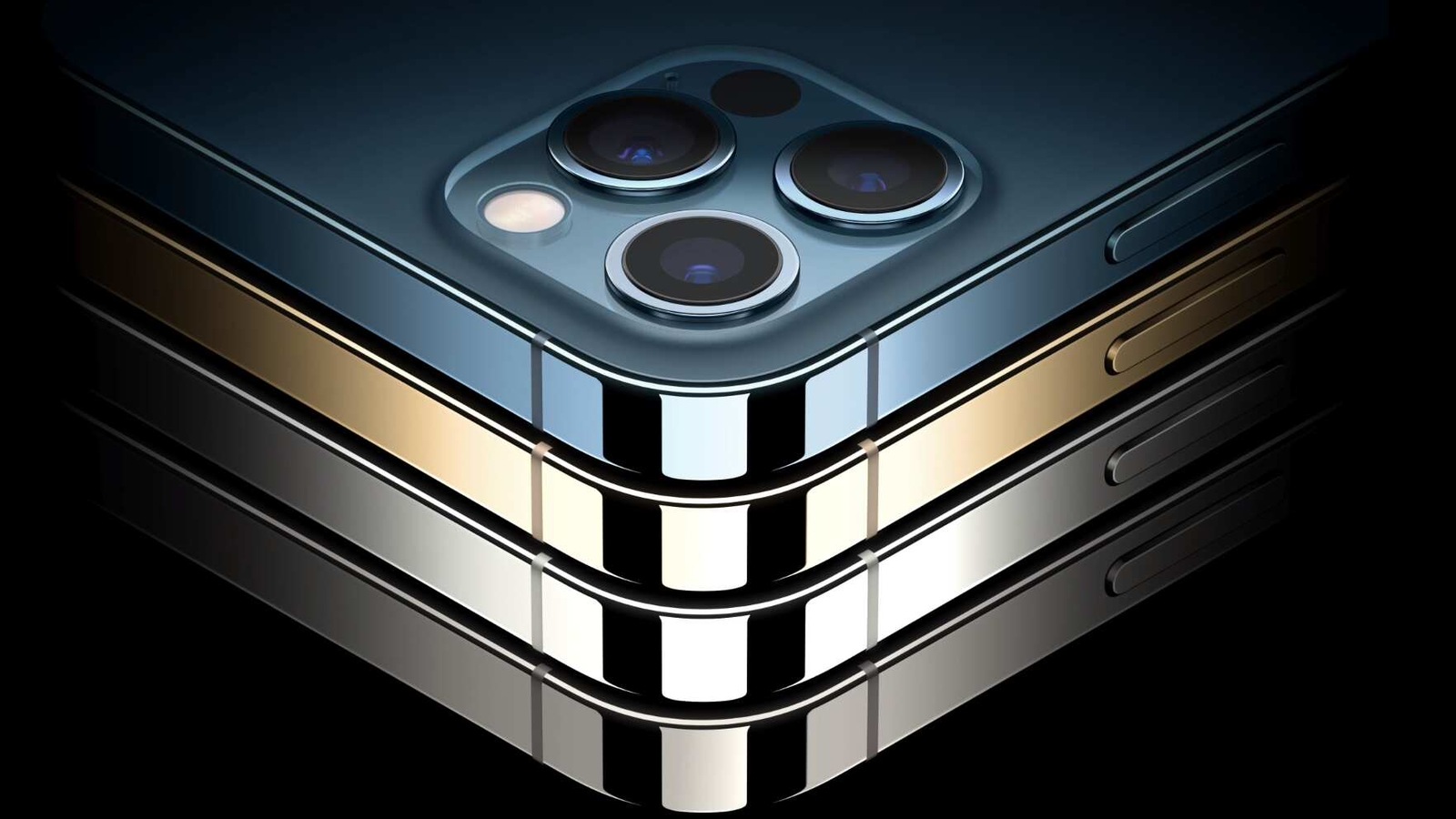Govt agencies can still break into Apple iPhones regardless the security updates
According to Green, the law enforcement agencies, no longer need to break the strong encryption by Apple on an iPhone. That's because not all types of user data are protected by it.

Apple is usually known for its security and privacy features in iPhones, iPads, Macs and other devices. In the past we have seen the company, fighting against government agencies to preserve private information on iPhones as well. However, a group of cryptography experts have now proposed a theory on how these law enforcement agencies, might still be able to break in into iPhones despite Apple continuously sending out iOS patches and layers of security regularly.
Matthew Green, an associate professor at Johns Hopkins Information Security Institute, recently proposed a theory on Twitter, which is based on research from his students Maximilian Zinkus and Tushar M. Jois.
According to Green (via Apple Insider), the law enforcement agencies, no longer need to break the strong encryption by Apple on an iPhone. That's because not all types of user data are protected by it. He says that the team has come up with a detailed report, which will be released after the holidays.


mobile to buy?
Also read: Android updates ‘Fast Pairing' interface for Bluetooth devices, makes it look like that in iPhones
It has been said that the iPhone can be only in one of the two states - Before First Unlock (BFU) and After First Unlock (AFU). When you set up the device and enter your passcode for the first time, it goes into the FAU state.
So, when a user types in the code, the iPhone uses it to derive different sets of cryptographic keys that stay in the memory and are used to encrypt files. However, when the user locks the iPhone, it goes into BFU but remains in AFU state. According to Green, only one of the cryptographic keys gets purged from memory. That set stays gone until the user unlocks the iPhone again.
And these set of keys are used to the decrypt a subset of iPhone files that fall under specific protection class.
The other keys that stay inside the memory are used to decrypt other files. So, all a law enforcement agency needs to do is to use the software that exploits to bypass the iOS lock screen and decrypt most of the files. Most codes that run on normal privileges can be used to access data.
However, as per Green the important part is, which kind of files stay protected by these set of keys.
Also read: Apple sends hacker-friendly iPhones to researchers, expects quick fix for vulnerabilities
And according to Apple, it seems like the strongest protection clause is only applicable to mail and App Launch data.
This means the strongest data encryption doesn't safeguard as many data types as before. And the data types that are not in strong protection includes photos, texts notes and other location based data. According to Green, Apple may have forfeited maximum security to enable specific app or system features like location based reminders.
Also mentioned is that some apps might not be able to function properly if Apple uses the strongest encryption clause for data.
Catch all the Latest Tech News, Mobile News, Laptop News, Gaming news, Wearables News , How To News, also keep up with us on Whatsapp channel,Twitter, Facebook, Google News, and Instagram. For our latest videos, subscribe to our YouTube channel.























